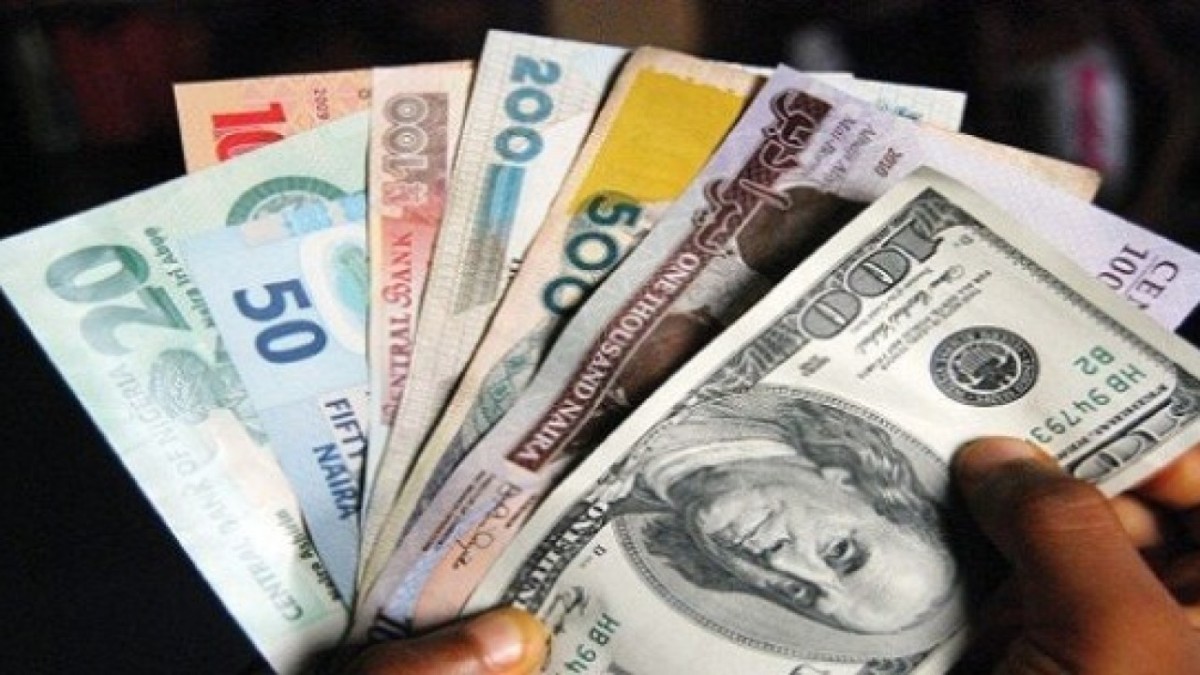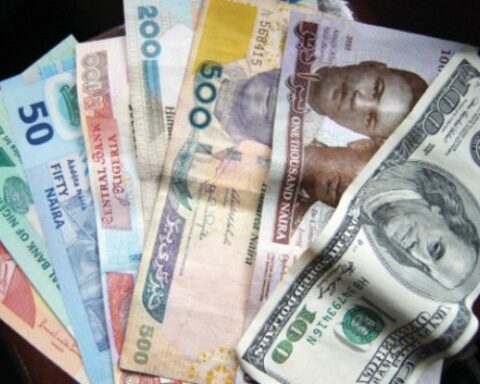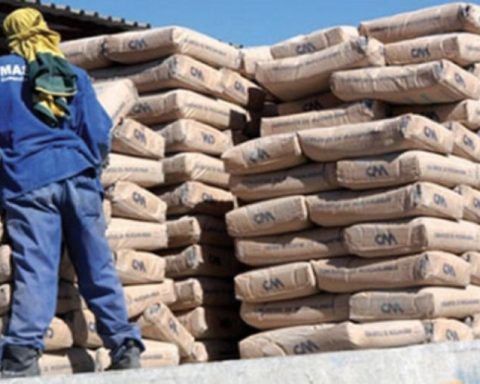In the Investors’ and Exporters’ window of the official market on Friday, the dollar was traded as low as N465/$1 and as high as N799.50/$1.
However, the dollar depreciated by N7.16 kobo or 0.93 per cent at the end of trading, considering it closed at N775.76/$1 rate, above the previous day’s N768.60/$1 rate.
Join our WhatsApp ChannelWith the foreign exchange rate still unstable in the official market, authorised dealers traded $54.18 million worth of forex, as supply dropped from Thursday’s $88.66 million.
This indicates the value of foreign exchange transactions recorded in the Investors’ and Exporters’ window dropped by $34.48 million or 38.89 per cent.
Prime Business Africa gathered from Naira Rates, a parallel market aggregator that the price of the dollar depreciated by N4.5 kobo.
According to a report from the aggregator, the average naira to dollar exchange rate in the black market was N863.8/$1 on Friday, rising from N859.3/$1.
However, the pound was sold at a reduced rate, with dealers in the black market trading the British currency at an average rate of N1119.2/£1, down from N1130.4/£1.
Similarly, the euro was sold at N959.5/€1. The price of the European currency dropped by N9.7 kobo during trading in the Bureau De Change (BDC) window, from N969.2/€1 rate.
Meanwhile, PricewaterhouseCoopers (PwC) projects, in a report titled ‘Nigeria Economic Outlook’, said volatility in the foreign exchange market will continue into August.
“The adoption of a managed float exchange rate is projected to cause volatility,” PWC projected, disclosing that it will boost inflation, causing demands for goods and services to drop.
The report further reads that: “The naira value since the implementation of the policy had ranged between N472/$ and N771/$ from an average of N463/$ in May before the policy announcement.”
“Though this may have a negative impact, it could provide incentives to corporates to explore local sourcing or backward integration in the medium term,” PWC added.
















